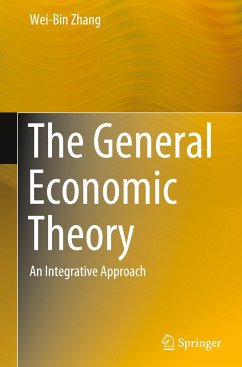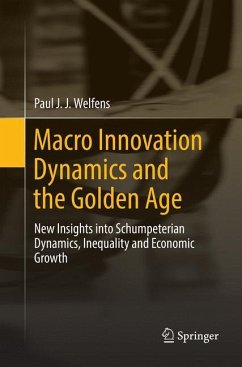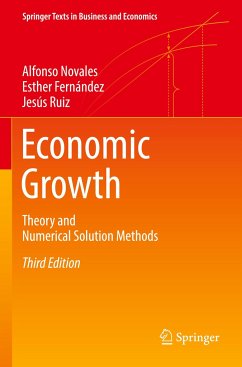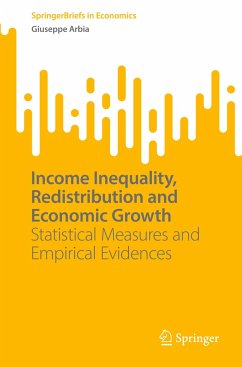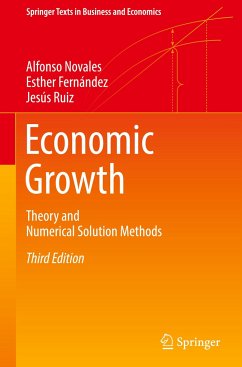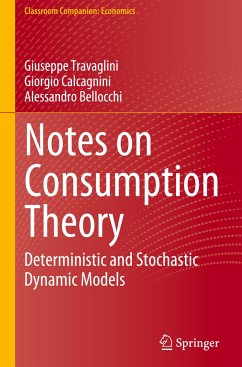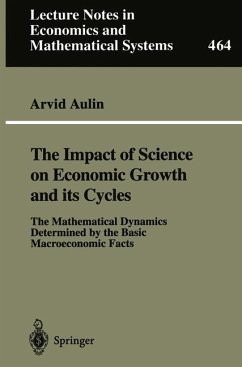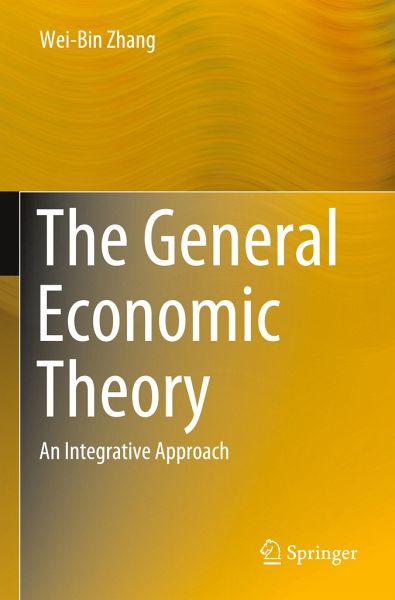
The General Economic Theory
An Integrative Approach
Versandkostenfrei!
Versandfertig in 6-10 Tagen
76,99 €
inkl. MwSt.
Weitere Ausgaben:

PAYBACK Punkte
38 °P sammeln!
This book develops a general economic theory that integrates various economic theories and ideas and establishes important relationships between economic variables that are not formally recognized in the economic literature. The author demonstrates how the basic model is integrated with neoclassical growth theory, Walrasian general equilibrium theory, and Ricardian distribution theory, and how these theories can be incorporated through a single set of equations with a microeconomic basis.The book offers new insights into income and wealth distribution between heterogeneous households, racial a...
This book develops a general economic theory that integrates various economic theories and ideas and establishes important relationships between economic variables that are not formally recognized in the economic literature. The author demonstrates how the basic model is integrated with neoclassical growth theory, Walrasian general equilibrium theory, and Ricardian distribution theory, and how these theories can be incorporated through a single set of equations with a microeconomic basis.
The book offers new insights into income and wealth distribution between heterogeneous households, racial and national differences in growth and development, interdependence between different stock variables with portfolio choices among different markets. It will appeal to scholars of economists interested in an integrative theoretical approach to this discipline.
The book offers new insights into income and wealth distribution between heterogeneous households, racial and national differences in growth and development, interdependence between different stock variables with portfolio choices among different markets. It will appeal to scholars of economists interested in an integrative theoretical approach to this discipline.





